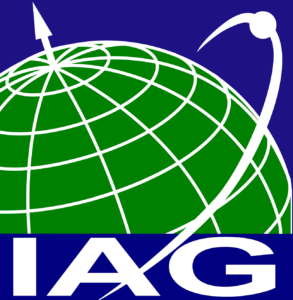SC 4.2: Multi-frequency Multi-constellation GNSS
Chair: Jianghui Geng (China)
Vice-Chair: Panagiotis Psimoulis (UK)
Secretary: Kunlun Zhang (China)
Terms of Reference
The GNSS has witnessed rapid development in recent years, providing increasingly refined PNT services worldwide. The construction of multi-constellations and the utilization of multi-frequency have expanded the spatial coverage, catering to the diverse application requirements across various scenarios and levels. These applications encompass autonomous driving, instantaneous high-precision positioning, precise time andfrequency transfer, as well as meteorological disaster monitoring and early warning, highlighting the immense potential of GNSS. Furthermore, GNSS chips integrated into consumer devices are progressively supporting multi-system and multi-frequency carrier phase observations, presenting extensive prospects for application. However, these advancements have also introduced new technological challenges.For instance, GNSS positioning performance is vulnerable to fragility, the issue of ambiguity resolution remains persistently challenging, and consumer device data often suffers from significant degradation. SC 4.2 aims to facilitate research activities and focuses on addressing multi-level application issues, including high-precision global time and frequency transfer, valid and reliable ambiguity resolution, high-accuracy positioning in consumer devices, and precise monitoring of meteorological disasters. SC 4.2 will coordinate various activities to provide both theoretical and practical solutions for engineering and scientific applications, thereby bridging the gaps in the application domain.
Objectives
The main objective of SC 4.2 is to facilitate collaborative research on innovative and diverse applications within the evolving landscape of GNSS, characterized by multiple systems and frequencies. It aims to promote the dissemination and translation of scientific research accomplishments and foster close cooperation among researchers, international organizations, and industry stakeholders.
Program of Activities
- Identify and investigate theoretical, methodological, and technological issues arising from the development of multi-constellation and multi-frequency systems;
- Promote and facilitate close collaboration among researchers, fostering knowledge exchange and cooperation;
- Organize international conferences and workshops to provide platforms for sharing research findings and advancements;
- Promote interdisciplinary scientific research and encourage the application of engineering solutions in various domains.



